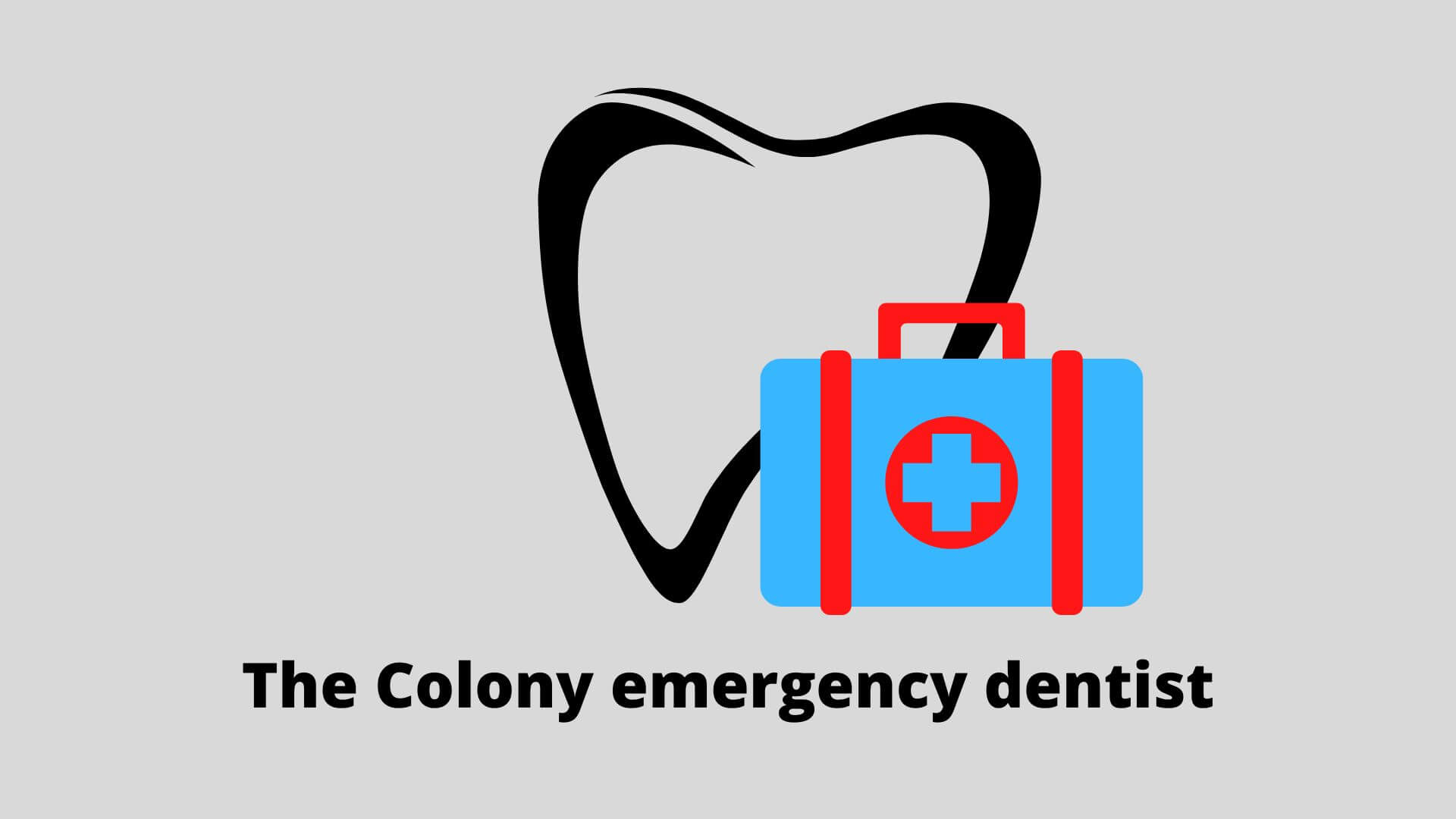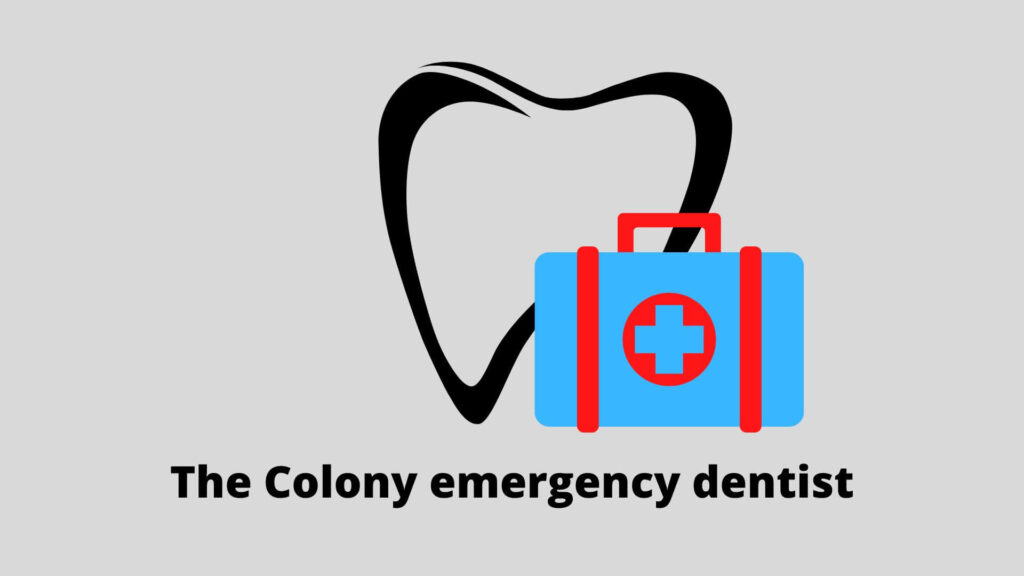What You Should Know About Dental Emergencies?
Many patients are unaware of the criteria of a dental emergency. However, it is important to understand that a dental emergency requires urgent care to save a tooth, top persistent bleeding, and preserve jaw and gum function. There are some instances where there are signs leading up to the emergency that indicate its severity. This is why you need to know these signs and the proper time to act. However, if an emergency situation arises, there are steps you should take. Here, we will give valuable information on dental emergencies and what can be done to get you the attention and care from an emergency dentist Castle Hills.
Signs of a Dental Emergency
Different kinds of symptoms can indicate an impending dental emergency. This can include a loose tooth, persistent headaches, swollen gums or jaw, numbness in the mouth, severe toothache, and a sore that will not heal. Here are the most common signs of a looming dental emergency.
- Loose tooth. Having a loose tooth as an adult is an indication of an underlying issue. It can mean having an injury to the tooth or that there is an infection. Left untreated, the problem can escalate which can cause the tooth to fall out. An x-ray or oral exam should be done to identify the issue because periodontal disease or even oral cancer can be the cause of the problem.
- Non-healing sore. We encounter a burn or sore in our mouths from time to time, whether it was from eating something very hot or scraping the roof of our mouth with something we ate. Fortunately, the mouth heals fast. But if a sore lingers and remains painful, you need to get to an emergency dentist.
- Numbness of tooth. Tooth numbness or lack of sensation is a sign that something is amiss. If you have had a toothache but decided to ignore it and you no longer feel anything, there is a high chance that the infection is causing the pain to spread to the tooth root.
- Persistent headaches. There are numerous things that might cause headaches. Take note that the pain felt in the head or tooth is sensed by the trigeminal nerve in the head. And because the head and jaw are connected, any pain in the jaw or its muscles can cause a headache. If your head has been hurting for days or weeks non-stop, you might have an oral emergency.
- Swollen gums or jaw. Inflammation in the gums or jaw is a sign that something is not right, especially if you also have difficulty breathing or fever. This is an indication of oral infection and should be given immediate care. Do not ignore the symptoms even when you are not experiencing any pain.
Types of Dental Emergencies
There are times when a dental emergency can suddenly happen with or without the presence of any symptoms. When they happen, however, getting professional care is of utmost importance. Listed below are some of the reasons why it is important to see an emergency dentist.
- Unexpected tooth loss. If a tooth falls out suddenly or because of an accident, see an emergency dentist immediately. If this happened because of physical trauma, you might have sustained tissue or nerve damage.
- Fractured tooth. Broken or damaged teeth can affect oral health. Left untreated, they can increase in size and cause painful toothaches and infections. It is crucial to fix teeth immediately after they are damaged.
- Persistent toothache. A toothache is your mouth’s way of telling you that there is a problem. When this happens, you feel severe or sharp pain in the mouth. Tooth pain can imply that there is a cavity from tooth decay or that you have severe gum disease. If the pain persists and is unbearable, see your dentist immediately.
- Abscess. This is a pocket of pus that develops because of an infection in the tooth. This symptom indicates that the root of the tooth is adversely affected by the disease. It is painful and requires immediate care.
Other dental problems that require immediate care are lodged items between teeth, a lost filling, and puncture wounds or injuries to the tongue, lips, mouth, or cheeks. If you see any problem that needs to alleviate acute pain, stop bleeding or rescue a fractured or broken tooth, call an emergency dentist The Colony immediately.






 |
|